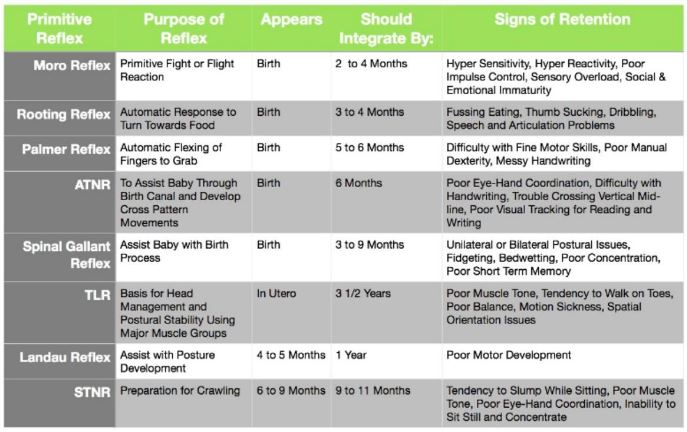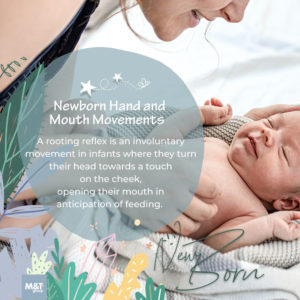Retained primitive reflexes, those that persist beyond infancy, can negatively impact motor skills, behavior, social interaction, and sensory processing, potentially leading to difficulties in learning and development. Exercises and therapies can help integrate these reflexes, improving overall function and well-being.
What are Primitive Reflexes?
Primitive reflexes are automatic, involuntary movements that are crucial for survival and development in early infancy.
They are controlled by the brainstem and are present from birth, gradually integrating as the brain matures and higher-level motor control develops.
Examples include the Moro reflex (startle response), rooting reflex (turning head when cheek is touched), and grasp reflex (clasping objects).
Why are Retained Reflexes a Problem?
Motor Development
Retained reflexes can interfere with the development of more complex, voluntary movements, leading to difficulties with coordination, balance, posture, and fine motor skills.
Sensory Processing
These reflexes are linked to sensory processing systems, and their persistence can result in sensory sensitivities or difficulties processing sensory information.
Behavior and Social Interaction
Retained reflexes can impact emotional regulation, impulse control, and social skills, potentially leading to challenges in learning and social interaction.
Academic Performance
Difficulties with fine motor skills and attention can affect academic performance, particularly in areas like reading, writing, and math.

Simple Exercises to correct Retained Reflexes – Helpful Resources:
https://www.occupationaltherapy.com/articles/understanding-primitive-reflexes-they-impact-5409-5409





